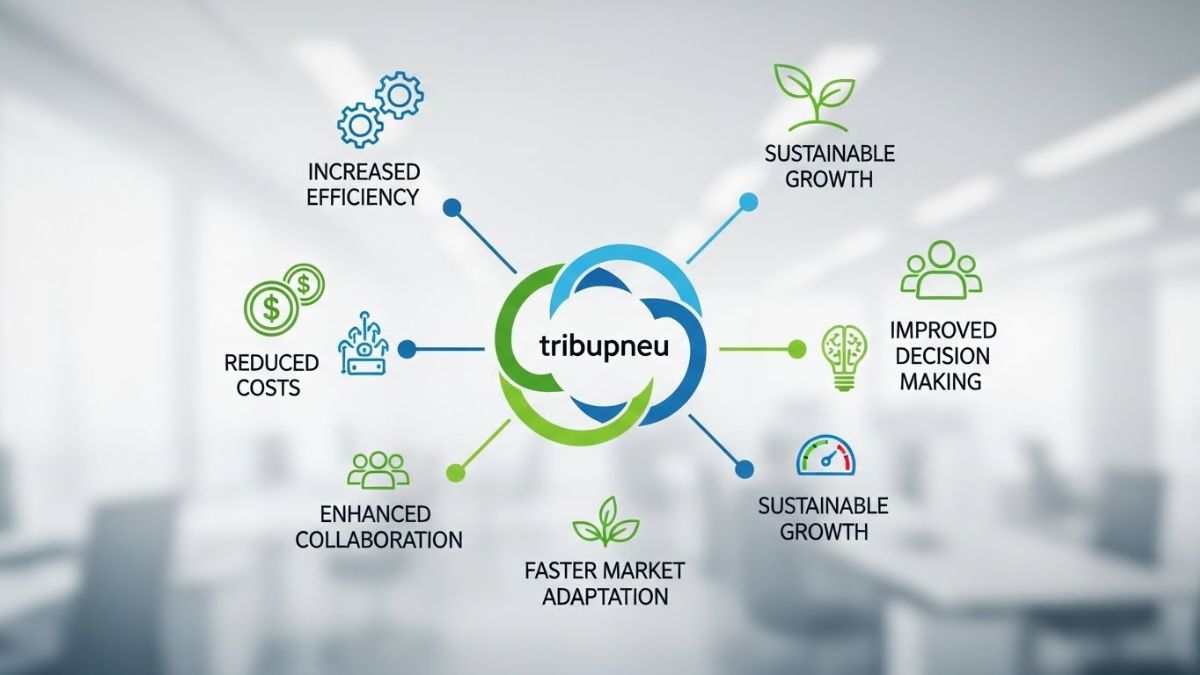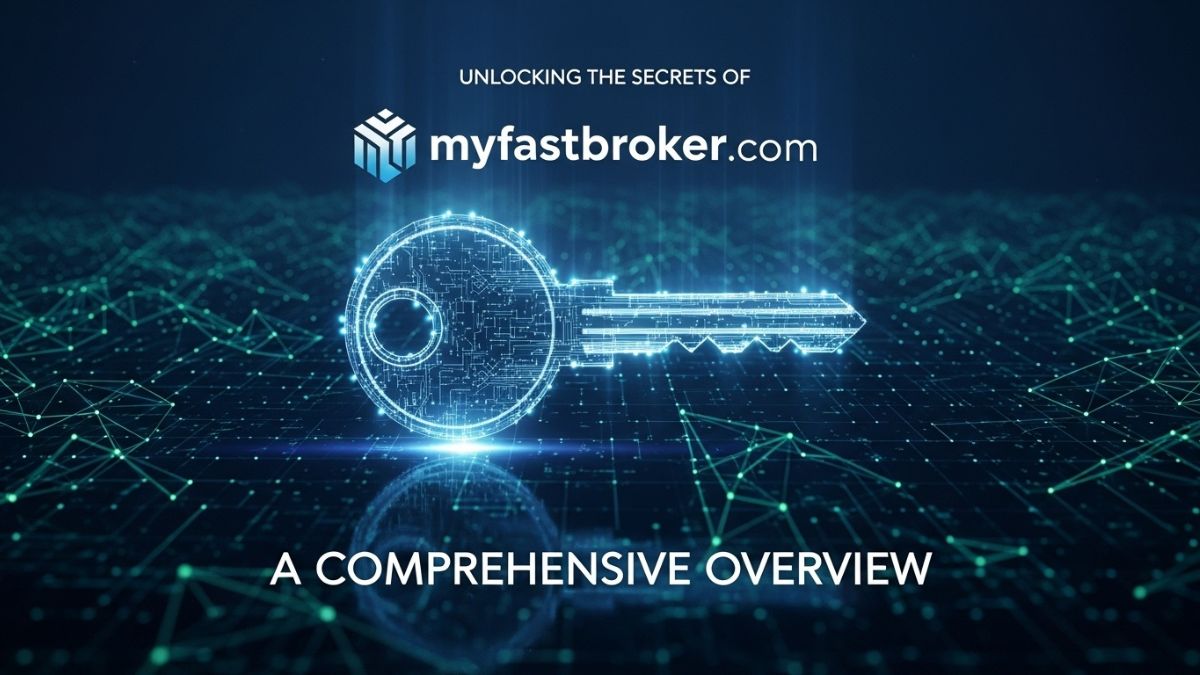As traditional network perimeters dissolve under the weight of cloud adoption, remote workforces, and increasingly distributed infrastructures, the Zero Trust security model has emerged as a leading strategy for securing modern digital environments. The Zero Trust Solutions Engineer or Analyst plays a central role in designing, implementing, and managing architectures where trust is never assumed, and every user, device, and system interaction is continuously verified.
Zero Trust requires a comprehensive approach that combines strong identity management, granular access controls, continuous monitoring, micro-segmentation, encryption, and adaptive policy enforcement. Rather than focusing solely on keeping attackers out, Zero Trust assumes that adversaries may already be inside the network, making it essential to limit movement, contain threats, and verify all interactions in real time. Solutions Engineers and Analysts are responsible for translating this framework into operational reality, ensuring that Zero Trust principles are embedded into identity infrastructures, network architectures, application security, and data protection strategies.
The Certified Ethical Hacker program by EC-Council offers critical offensive security expertise that enhances the ability of Zero Trust practitioners to design effective, resilient implementations. By adopting an attacker’s mindset, Zero Trust Solutions Engineers and Analysts can validate security assumptions, design more effective segmentation policies, anticipate privilege abuse scenarios, and refine trust models that align with real-world adversary behaviors.
As cyber adversaries increasingly adopt AI-driven attacks to automate privilege escalation, credential compromise, and lateral movement, EC-Council has evolved its training into its latest form, Certified Ethical Hacker powered with AI Capabilities. This enhanced model integrates AI-powered attack simulations, adaptive exploitation tactics, and intelligent evasion strategies that mirror the evolving threats Zero Trust practitioners are tasked with neutralizing. Exposure to these advanced attack models ensures that Zero Trust professionals are prepared to defend against even the most sophisticated AI-augmented adversaries.
The program offers an immersive curriculum encompassing more than 550 attack techniques, 221 hands-on labs, and access to over 4,000 hacking tools. Certification requires mastery of both conceptual knowledge and applied expertise through a comprehensive knowledge exam and a six-hour practical assessment simulating live exploitation scenarios. Continuous learning through Capture-the-Flag challenges allows professionals to refine their skills and remain agile as attack techniques evolve.
The Certified Ethical Hacker Hall of Fame 2025 Industry Report reinforces the real-world impact of this training model. Drawing insights from 460 professionals across 93 countries. Every respondent (100%) experienced an increase in respect and recognition after earning their CEH and would recommend the certification to others. Additionally, 99% recognized a positive influence on their careers, while 99% highlighted the value of virtual labs for practical hacking skills. Furthermore, 97% agreed that CEH effectively addresses evolving cybersecurity challenges, and 91% felt it provided a competitive advantage over other certifications.
As organizations increasingly adopt Zero Trust models to secure complex digital ecosystems, the role of the Zero Trust Solutions Engineer or Analyst becomes central to operational success. The Certified Ethical Hacker program, powered with AI Capabilities, continues to prepare professionals with the offensive insight, technical mastery, and practical readiness required to design Zero Trust architectures that can withstand the sophisticated threats of today and tomorrow.















